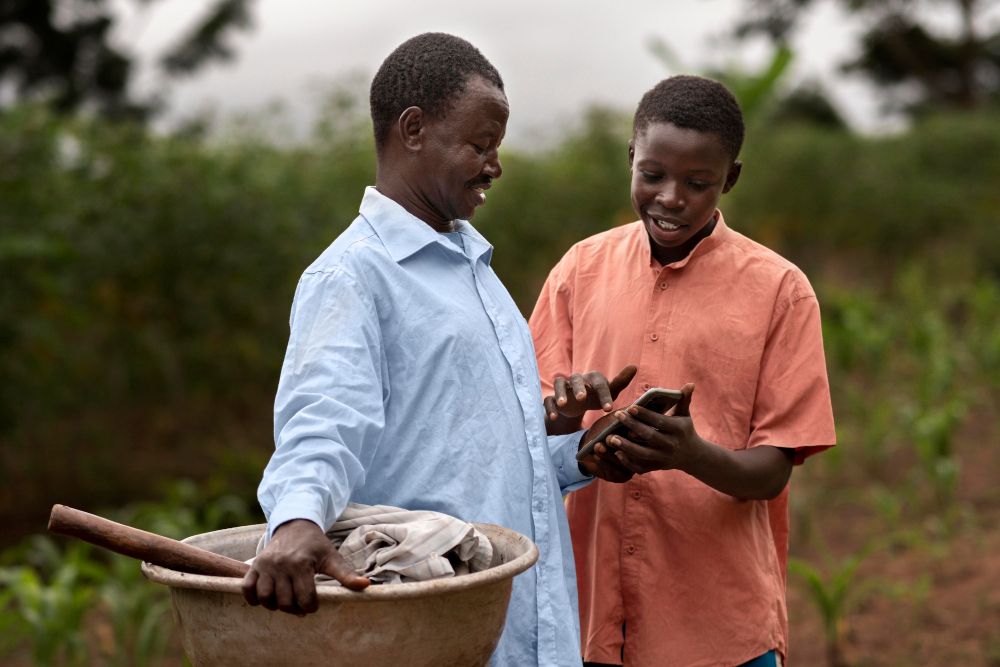
Overcoming obstacles to digital skills development
by Travis Heneveld, Director of Connectivity Solutions, Geeks Without Frontiers
Last-mile connectivity (LMC) coverage and usage gaps are significant obstacles to effective digital skills development, especially among underrepresented populations. This has only become clearer in the COVID-19 context, as connectivity became essential for the provision of vital economic and social community services.
Comprehensive digital skills development can drive economic recovery and resilience, but only if the right steps are taken to close existing affordability, usage and access gaps.
Rather than aiming for simple connections, LMC infrastructure and adoption projects should target gaps in digital skills development to maximize impact. Similarly, digital skills programmes related to agriculture, business, education, health, financial inclusion and e-government applications must consider the LMC reality of each programme’s geographic area.
Inclusive adaptation
Civil society and the private sector, as well as governments, regional organizations, industry associations, informal training providers and educational institutions, must strengthen and adapt people’s digital skills to build back stronger. This needs to be addressed at both the advocacy and project implementation levels.
We need to rethink existing approaches and focus collective efforts on aggressively expanding initiatives in areas such as Internet literacy for small and medium-sized enterprises (SMEs), the digital gender divide, and the Internet usage gap, especially in relation to government services, digital health, e-learning, e-banking and working from home.
COVID context
The COVID-19 pandemic has increased the need for digital skills capacity among populations worldwide, in tandem with rising demand for distance learning and connectivity. Consequently, the pandemic has influenced key target areas for digital skills development.
As real-world examples show, the private sector, international institutions and civil society can take effective action to address the situation, particularly through initiatives that bridge the gap between digital skills content delivery and the provision of affordable Internet access.
Still, we face persistent gaps, calling for dedicated policies and partnerships. But the disruptions generated by the pandemic represent an opportunity to make digital skills development a driver of physical, social and economic resilience.
Keeping up the momentum
Digital Skills Insights 2021 from the International Telecommunication Union (ITU) highlights promising solutions and partnerships to help governments foster digital skills and ensure a better future. My article in the report includes a selection of key platforms and a list of essential digital skills for teachers. I encourage interested practitioners to refer to these, both to explore today’s digital skills communities and content and to look more closely into those with an inclusive connectivity component.
Together we can equip populations with relevant skills, keep building on the legacy of successful initiatives, maintain the momentum of the last two years, and leverage the drive to close the world’s remaining Internet coverage and usage gaps.
Adapted from the article ‘From connectivism to connectivity: Digital skills in the COVID-19 context’ by Travis Heneveld. Read the full article in Digital Skills Insights 2021.
Image credit: Freepik
